Déjà vu and jamais vu are experiences that many people encounter, yet few truly understand. These phenomena go beyond simple quirks of the mind, potentially serving as key indicators that our reality is not as it appears. This article explores how these strange occurrences might actually be glitches in a simulated reality, offering us brief insights into the true nature of our existence.
Introduction: The Profound Implications of Déjà Vu and Jamais Vu
Déjà vu, a French term meaning “already seen,” occurs when an individual is suddenly struck by an intense and overwhelming sensation that the current moment, with all its intricate details and nuances, has been lived through before. This uncanny feeling of familiarity envelops the person, creating a sense that they are reliving a precise sequence of events, conversations, or sensations that they have previously encountered. Despite the logical impossibility of such a recurrence, the experience feels undeniably real and can be quite unsettling.
On the opposite end of the spectrum lies jamais vu, which translates to “never seen.” This equally perplexing phenomenon manifests when a person finds themselves in a situation or environment that should be entirely familiar, yet it suddenly feels completely alien and unrecognizable. During a jamais vu episode, common objects, well-known places, or even familiar faces can appear strange and unfamiliar, as if being encountered for the first time. This disorienting experience can leave individuals feeling disconnected from their surroundings and questioning their own memories and perceptions. Both déjà vu and jamais vu challenge our understanding of memory, perception, and the nature of reality itself, having us question and ponder the complexities of human consciousness and our relationship with the world around us.
Mainstream scientific explanations often attribute these experiences to misfirings in the brain or quirks of memory. However, these explanations fail to fully account for the intensity and specificity of many déjà vu and jamais vu experiences. A more comprehensive explanation might lie in the realm of simulation theory.
This article delves into the possibility that déjà vu and jamais vu are actually minor malfunctions in a simulated reality. We’ll examine how these experiences might allow us to momentarily perceive beyond the veil of our constructed world, offering glimpses into the true nature of our existence.
The Matrix Hypothesis: Are We Living in a Simulation?
Before we explore how déjà vu and jamais vu might serve as evidence for a simulated reality, it’s crucial to understand the simulation hypothesis in depth. This thought-provoking theory proposes that our entire existence, including our consciousness and perceived reality, is actually an incredibly sophisticated computer simulation engineered by an advanced civilization far beyond our current technological capabilities.
While this concept may initially seem like it belongs in the realm of science fiction, it has garnered serious attention from a diverse range of thinkers, including philosophers, scientists, and technology innovators. The core idea behind this hypothesis is rooted in the exponential growth of technological advancements. As our ability to create increasingly complex and realistic virtual environments progresses, it becomes more plausible that we could eventually simulate entire universes, complete with sentient beings unaware of their simulated nature.
This leads to a fascinating statistical argument: if it’s possible to create such simulations, and an advanced civilization could potentially create countless such simulations, then the number of simulated realities would far outnumber the single base reality. Therefore, purely from a probabilistic standpoint, it’s more likely that we exist within one of these numerous simulations rather than in the original, non-simulated universe.
The implications of this hypothesis are profound and far-reaching. It challenges our fundamental understanding of reality, consciousness, and the nature of existence itself. If we are indeed living in a simulation, it would mean that everything we perceive – from the ground beneath our feet to the stars in the sky, and even our own thoughts and emotions – is essentially code in an unimaginably complex computer program.
This hypothesis also raises intriguing questions about the nature of the civilization running the simulation. What are their motivations? Are they studying us? Is our entire universe just an elaborate experiment or perhaps even a form of entertainment for beings beyond our comprehension?
Furthermore, if we accept the possibility that we’re living in a simulation, we must also consider the potential for imperfections or glitches within this system. No matter how advanced the technology, it’s conceivable that a simulation of this scale and complexity would have occasional errors or anomalies. This is where phenomena like déjà vu and jamais vu become particularly interesting.
These strange experiences – the feeling of having lived through a moment before, or the sensation of unfamiliarity in a known situation – could potentially be manifestations of such glitches. They might represent moments where the simulation falters, allowing us to briefly perceive the artificial nature of our reality. In essence, déjà vu and jamais vu could be seen as cracks in the façade of our simulated world, offering fleeting glimpses into the true nature of our existence.
Déjà Vu: A Glimpse into Alternate Realities
Déjà vu is often described as a feeling of familiarity with a situation that shouldn’t be familiar at all. But what if this sensation is actually our mind recognizing a moment from an alternate reality or a previous run of the simulation?
Imagine our simulated reality as a complex computer program. Like any program, it might have multiple iterations or parallel processes running simultaneously. Déjà vu could be a moment where these parallel realities briefly overlap, allowing us to experience a moment from another version of our simulated world.
This theory becomes even more intriguing when we consider the intensity and specificity of some déjà vu experiences. Many people report not just a vague sense of familiarity, but an acute awareness of specific details that they feel they’ve encountered before. This level of detail aligns more closely with the idea of experiencing an alternate reality than with a simple memory glitch.
Moreover, déjà vu often comes with a strong emotional component. People frequently describe feeling unsettled, amazed, or even scared during these experiences. This emotional response could be our subconscious mind reacting to the realization that something isn’t quite right with our perceived reality.
Jamais Vu: When the Simulation Glitches
While déjà vu might offer us glimpses into alternate realities within the simulation, jamais vu could be evidence of more significant glitches in the system. Remember, jamais vu is the sensation of a familiar situation suddenly feeling completely new or foreign.
In the context of the simulation hypothesis, jamais vu could occur when there’s a temporary breakdown in the rendering of our simulated environment. Imagine it like a video game where textures fail to load properly, making familiar objects and scenes appear strange and unfamiliar.
This theory becomes particularly compelling when we consider cases of intense jamais vu. Some people report experiencing prolonged periods where everything around them feels alien and unfamiliar, even their own reflection. These extreme cases could be indicative of more severe glitches in the simulation, where large portions of the rendered reality temporarily malfunction.
Furthermore, jamais vu often comes with a sense of unreality or detachment, as if the person experiencing it suddenly doesn’t quite belong in their environment. This feeling aligns perfectly with the idea that we’re trapped in a simulated world and momentarily becoming aware of it.
The Mind’s Capacity to Transcend the Simulated Reality
Déjà vu and jamais vu phenomena suggest an intriguing possibility: our minds may possess the ability to perceive beyond the boundaries of our simulated reality, even if only at a subconscious level. This concept opens up a realm of fascinating inquiries about the essence of consciousness and its intricate relationship with the proposed simulation.
In the context of a simulated reality, it’s conceivable that our consciousness isn’t entirely constrained by the parameters of this simulation. Déjà vu and jamais vu experiences could represent moments when our consciousness momentarily breaks free from these limitations, enabling us to glimpse aspects of reality that are typically concealed from our awareness.
The often surreal and otherworldly nature of these experiences lends credence to this theory. Many individuals describe déjà vu and jamais vu as having a dreamlike quality, reminiscent of lucid dreaming where one becomes aware of dreaming while still in the dream state. This parallel raises an intriguing question: could these phenomena be instances of our minds briefly recognizing the true nature of our simulated existence?
Furthermore, these experiences often come with a sense of profound significance or revelation, as if we’re on the brink of understanding something fundamental about our reality. This feeling of epiphany, however fleeting, could be interpreted as our consciousness brushing against the edges of the simulation, momentarily sensing the vastness of what lies beyond.
Both déjà vu and jamais vu, far from being mere quirks of memory or perception, could be vital clues to the nature of our reality. They might represent moments when our consciousness brushes against the boundaries of the simulation, offering us fleeting glimpses into the true nature of our existence. As we continue to explore these phenomena, we may find ourselves unraveling the very fabric of our reality, challenging our understanding of consciousness, free will, and the nature of existence itself.
Frequently Asked Questions
Q1: If we’re in a simulation, why don’t we experience déjà vu and jamais vu more often?
A: The simulation, if it exists, is likely incredibly advanced and designed to be as seamless as possible. Déjà vu and jamais vu might occur only when there are minor glitches or overlaps in the system. The rarity of these experiences could be a testament to the sophistication of the simulation.
Q2: Could déjà vu and jamais vu be explained by normal brain functions?
A: While conventional neuroscience proposes various explanations for déjà vu and jamais vu based on brain function and neural processes, these theories often struggle to fully account for the profound intensity and remarkable specificity that many individuals report during these experiences. Traditional explanations typically revolve around misfirings in memory formation, temporal lobe anomalies, or brief disconnects between sensory input and cognitive processing. However, these models frequently fall short when confronted with the vivid, detailed, and often emotionally charged nature of many déjà vu and jamais vu episodes.
For instance, some people describe déjà vu experiences where they can predict with uncanny accuracy the exact words someone is about to say or the precise sequence of events about to unfold. Similarly, during jamais vu episodes, individuals may suddenly find extremely familiar environments or objects utterly alien, to the point where they question their own sanity or the nature of reality itself. These intense and highly specific experiences go beyond what can be easily explained by simple neural misfirings or memory glitches.
This is where the simulation hypothesis comes into play, offering a more comprehensive and flexible framework for understanding the full spectrum of these phenomena. By positing that our reality is a sophisticated computer simulation, this theory can account for the intensity, specificity, and seemingly impossible nature of many déjà vu and jamais vu experiences.
The simulation hypothesis also provides a framework for understanding the emotional and psychological impact of these experiences. The sense of profound significance or revelation that often accompanies déjà vu and jamais vu aligns with the idea that these are moments when our consciousness is brushing against the boundaries of the simulation, momentarily perceiving a greater reality beyond our normal perception.
Furthermore, this theory can account for the wide variety of déjà vu and jamais vu experiences reported by different individuals. Just as a complex computer program might have different types of glitches or errors, the simulation could produce a range of perceptual anomalies that manifest as various forms of déjà vu and jamais vu.
In essence, while traditional scientific explanations provide valuable insights into the neurological aspects of these phenomena, the simulation hypothesis offers a more holistic and flexible framework. It allows us to consider these experiences not just as quirks of brain function, but as potential glimpses into the true nature of our reality, opening up new avenues for understanding consciousness, perception, and the fundamental structure of our existence.
Q3: If we’re in a simulation, who created it and why?
A: The identity and motivations of the hypothetical creators of our simulated reality remain one of the most profound and perplexing aspects of the simulation hypothesis. This question delves into the very heart of our existence and the nature of consciousness itself, pushing the boundaries of our understanding and imagination.
One school of thought proposes that the architects of our simulated world could be an incredibly advanced iteration of our own civilization, existing in a far-flung future where technological capabilities have progressed beyond our wildest dreams. In this scenario, these future humans might be running vast, intricate simulations of their ancestral past – essentially us – as a means of studying their own history in unprecedented detail. Such simulations could serve as immersive historical records, allowing these advanced beings to observe and analyze the development of their society, culture, and technology from its earliest stages.
These future humans might be interested in exploring alternative historical scenarios, testing how slight changes in past events could lead to dramatically different outcomes. By running multiple simulations with varying parameters, they could gain insights into the factors that shaped their civilization and potentially use this knowledge to guide their future development.
Another intriguing possibility is that the creators of our simulation are not human at all, but rather an entirely alien civilization with motives and thought processes utterly foreign to our own. This concept stretches our imagination to its limits, as we try to conceive of beings so advanced and different from ourselves that their reasons for creating our simulated reality might be completely incomprehensible to us.
These alien simulators might be conducting a grand experiment, observing the development of consciousness and civilization across countless simulated universes. Perhaps they’re studying the emergence of intelligence in various conditions, or exploring the myriad ways in which life can evolve and adapt. Their purposes could be as diverse as scientific curiosity, entertainment, or even some form of artistic expression on a cosmic scale.
It’s also possible that the nature of our simulated reality is even more bizarre and complex than we can currently fathom. We might be a simulation within a simulation, created by simulated beings who themselves exist within a higher-level simulation. This nested structure could extend indefinitely, raising profound questions about the nature of reality and consciousness.
The truth is, if we are indeed living in a simulation, the full scope of our creators’ nature, capabilities, and intentions might be so far beyond our current level of understanding that we lack the cognitive framework to even begin comprehending them. Our attempts to understand their motivations might be akin to an ant trying to understand quantum physics – the gap in complexity and perspective is simply too vast.
This inherent unknowability adds another layer of mystery and fascination to the simulation hypothesis. It challenges us to expand our thinking and consider possibilities that stretch far beyond our everyday experiences and assumptions about reality. In doing so, it reminds us of the vast potential for discovery and understanding that still lies ahead, encouraging us to continue pushing the boundaries of our knowledge and exploration.
Q4: How does the simulation hypothesis account for free will?
A: The question of free will is complex even without the simulation hypothesis. If we are in a simulation, it’s possible that our choices are predetermined by the program. However, it’s also conceivable that the simulation allows for genuine free will within its parameters. Déjà vu and jamais vu could be moments where the illusion of free will briefly breaks down.
Q5: Can we ever prove definitively that we’re in a simulation?
A: Proving the simulation hypothesis is incredibly challenging, as any evidence we find could potentially be part of the simulation itself. However, phenomena like déjà vu and jamais vu offer tantalizing clues that our reality might not be what it seems. As we continue to study these experiences and advance our understanding of consciousness and reality, we may get closer to uncovering the truth.
Conclusion: Embracing the Mystery of Our Reality
Throughout this exploration, we’ve delved into the intriguing phenomena of déjà vu and jamais vu, uncovering their potential significance as indicators of a simulated reality. These perplexing experiences, far from being mere neurological anomalies, may offer us fleeting glimpses into the true nature of our existence.
The implications of these phenomena are profound and far-reaching. If déjà vu indeed represents our consciousness brushing against alternate timelines or previous iterations of our simulated world, it suggests a reality far more complex and multifaceted than we typically perceive. Similarly, if jamais vu is a momentary breakdown in the rendering of our simulated environment, it hints at the fragility and artificiality of what we consider “real.”
These experiences challenge our fundamental understanding of consciousness, time, and the nature of reality itself. They invite us to question whether our perception of a linear, consistent reality is merely an illusion – a carefully constructed facade hiding a much more intricate and fluid existence.
Moreover, the emotional and psychological impacts of déjà vu and jamais vu are significant. The unsettling nature of these experiences – the eerie familiarity of déjà vu or the disconcerting strangeness of jamais vu – might be our mind’s way of grappling with glimpses of a truth it’s not fully equipped to comprehend. These moments of cognitive dissonance could be seen as our consciousness straining against the boundaries of its simulated constraints.
It’s important to note that while the simulation hypothesis offers a compelling framework for understanding these phenomena, it remains a theoretical concept. The nature of consciousness, the fundamental structure of reality, and the true extent of our existence are subjects that continue to elude our full understanding. However, by entertaining these possibilities, we expand our intellectual horizons and open ourselves to new ways of perceiving and interacting with our world.
As we think about these ideas, it’s crucial to approach them with a balance of open-mindedness and critical thinking. While we shouldn’t dismiss conventional explanations outright, we should also be willing to consider alternative interpretations that challenge our established worldview. The pursuit of understanding these phenomena may lead us to groundbreaking discoveries about the nature of consciousness and reality.
In our daily lives, we can use these experiences as opportunities for introspection and expanded awareness. The next time you find yourself caught in the grip of déjà vu’s uncanny familiarity or jamais vu’s unsettling strangeness, pause to reflect. Consider the possibility that you’re experiencing a glitch in the matrix, catching a fleeting glimpse of an alternate reality, or momentarily breaking free from the illusion of your simulated existence.
Regardless of whether we’re living in a base reality or an advanced simulation, these experiences serve as powerful reminders of the wonder and mystery inherent in our existence. They encourage us to maintain a sense of curiosity about our world, to question our assumptions, and to remain open to possibilities that extend beyond our current understanding.
Here is a challenge for you: instead of trying to answer the mysteries of reality with linear and rational dogmas that try to fit everything into nice little feel-good theories, embrace the uncertainty and wonder that comes with these crazy fluctuations in your awareness. In a universe that may be simulated – or may be even stranger than we can currently imagine – the only true limits are those we place on our own curiosity and imagination. By remaining open to these extraordinary possibilities, we position ourselves to potentially uncover profound truths about the nature of our existence and our place within the grand cosmic narrative.

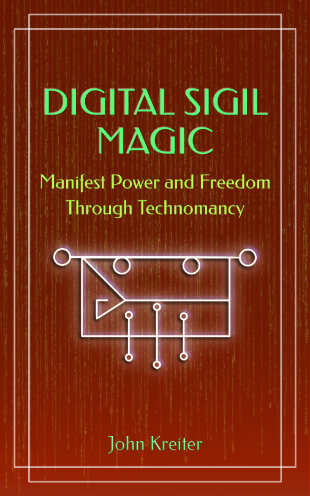

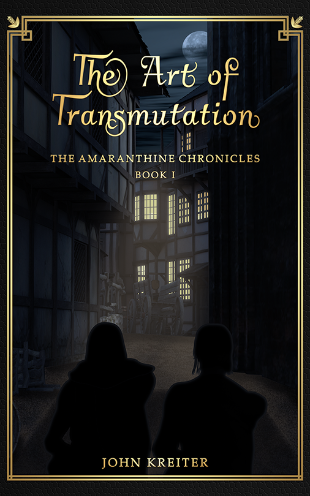

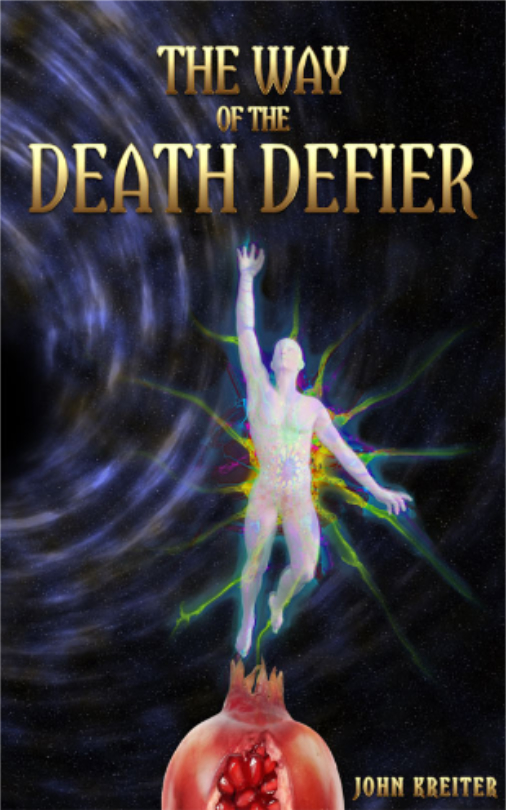
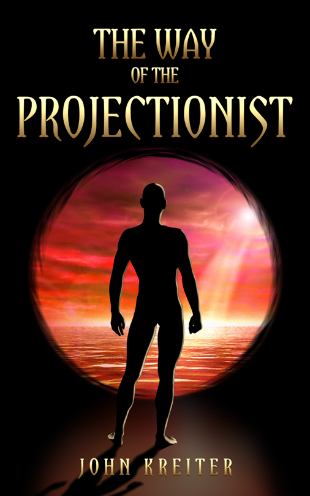
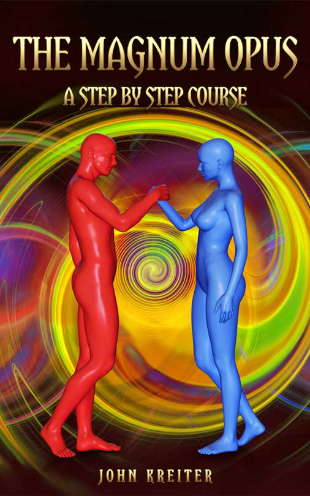
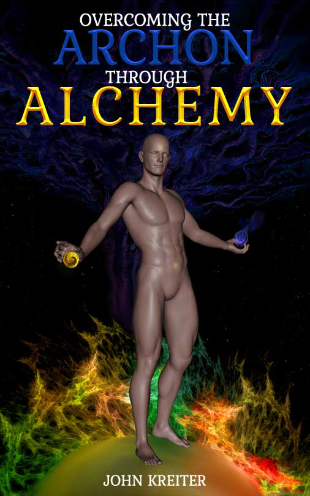
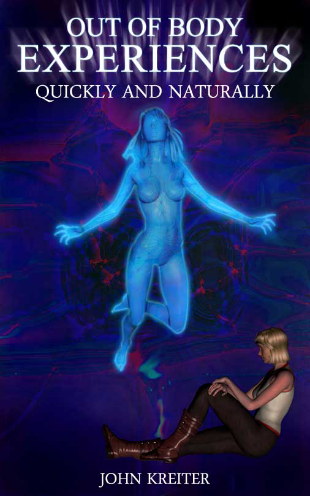
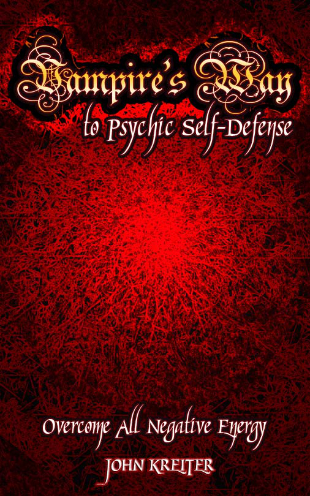


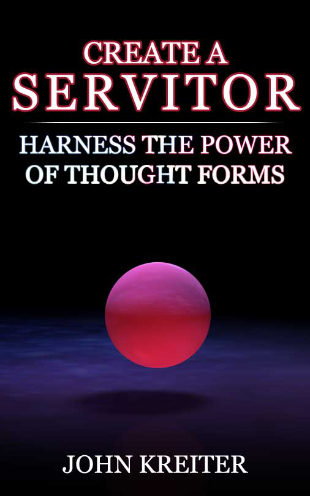

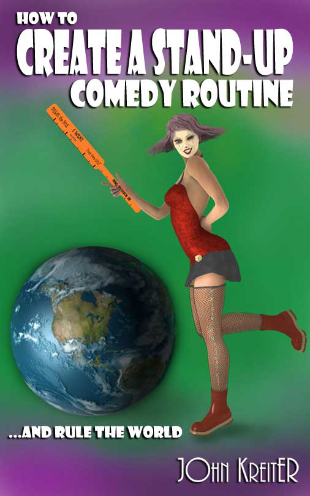
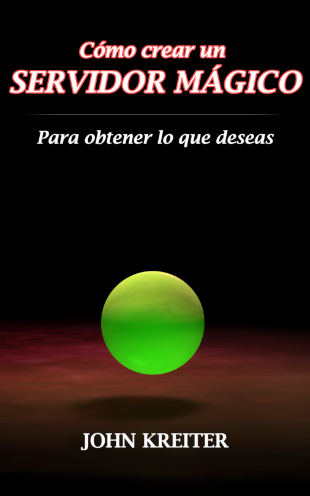
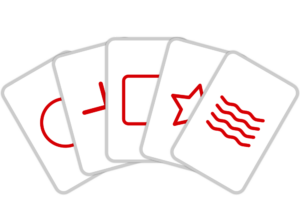

Leave a Reply